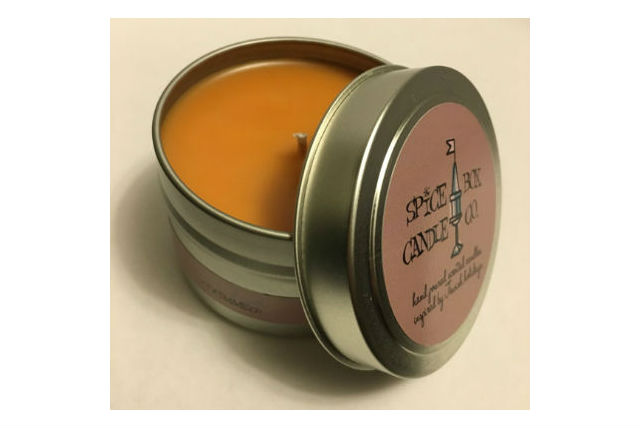We’ve all seen pumpkin spice candles. And I’ve even seen bacon candles. But there is a candle company in Ann Arbor producing an entire series of and themed candles.
Not sure what to bring to Aunt Ida’s house this season? The answer is clearly a tzimmes candle, or one of their other signature scents including apples and honey, pomegranate and even and etrog! You can order one of the signature scents here on Etsy.
I am hoping there might be a sufganiyot-inspired candle for Hanukkah. Or haroset for Passover. Or sweet noodle , ya know, just cause who wouldn’t want their whole house to smell like sweet kugel all the time.
The Nosher celebrates the traditions and recipes that have brought Jews together for centuries. Donate today to keep The Nosher's stories and recipes accessible to all.




